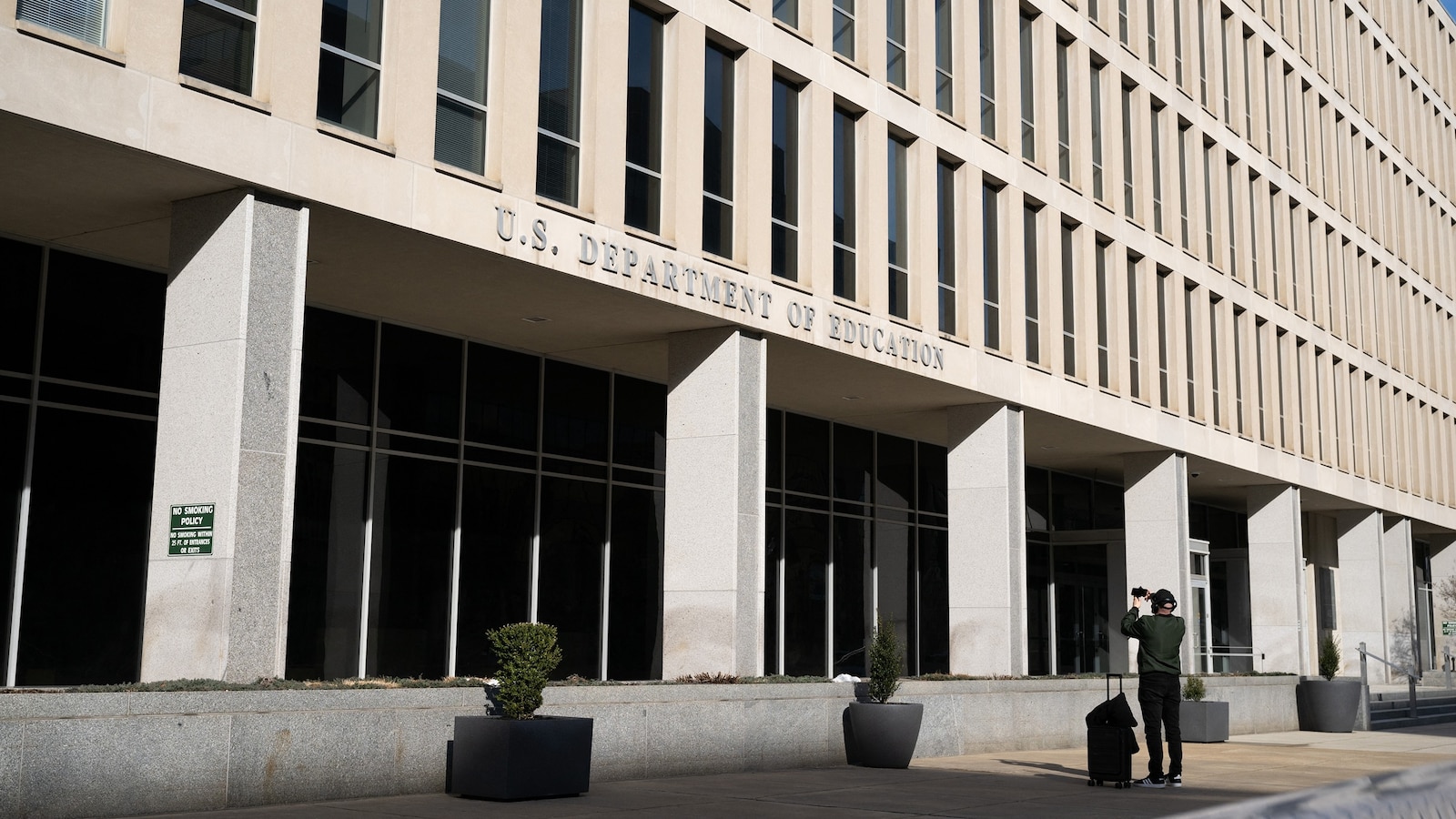T4K3.news
Pa Senate moves on transit funding
The PA Senate advances a two-year mass transit funding plan and flat 2025-26 budget amid a budget impasse with House leaders.
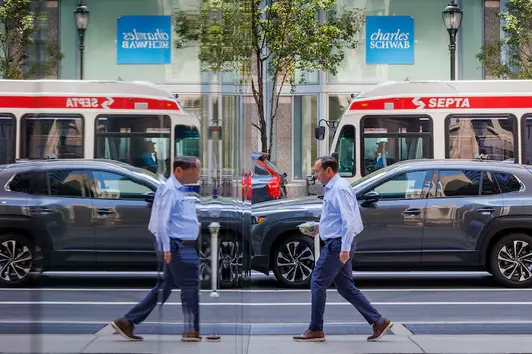
The Pennsylvania Senate advanced a two-year mass transit funding plan alongside a flat budget for 2025-26, prompting debate over long term sustainability.
Pa Senate approves two year mass transit funding and flat 2025-26 budget
The Pennsylvania Senate advanced a 47.6 billion dollar state budget for 2025-26 that keeps overall spending flat and moved a two year, 1.2 billion dollar plan to fund mass transit. The transportation measure would pull funds from the Public Transportation Trust Fund and revenue from interactive gaming to support operating costs and repairs, as lawmakers seek a short term fix while negotiations continue. The bills passed the Senate along party lines, 27-22, with Democratic leaders opposing the transit plan and the overall spending package.
SEPTA leadership started by opposing the measure but later sought more clarification on funding sources and the impact on current capital projects. The agency faces a 213 million dollar operating deficit and warns of deep service cuts if a long term funding deal is not reached before mid-August. Governor Shapiro and House leaders have opposed the transportation bill, and the broader budget plan remains far from a final agreement as lawmakers jockey over longer term financing and education funding formulas.
Key Takeaways
"This is clearly not a serious, long-term proposal that can pass both chambers."
Spokesperson Manuel Bonder commenting on the Senate plan.
"Checks all the boxes to set aside funding for roads and bridge repairs, and money for mass transit."
Senate Majority Leader Joe Pittman describing the funding plan.
"We thought this was a smart way to get these dollars out the door."
Spokesperson Manuel Bonder on the funding approach.
"It’s time to get back to the table and keep working at it."
Spokesperson Manuel Bonder on ongoing negotiations.
The plan highlights a broader struggle over how Pennsylvania finances essential services. Using capital dollars to cover operating costs can deliver quick relief, but it risks delaying or defunding major capital projects. Republicans say the fund has more than a billion dollars in unallocated money and that the measure provides a necessary, temporary boost without widening the deficit. Democrats counter that it chips away at a dedicated resource for transit emergencies and state wide capital investments, potentially increasing pressure on future budgets.
The dispute also underscores fault lines between the governor and the Senate over transit funding as part of a larger budget battle. While the two sides clash over a long term solution for SEPTA and other transit systems, the risk to riders is real: service reductions, fare increases, and delayed safety upgrades could reshape daily commutes in Pennsylvania’s urban and rural communities. The outcome will test the state’s commitment to maintaining public services without hasty tactics that shift costs to riders and local governments.
Highlights
- This is clearly not a serious long term proposal that can pass both chambers.
- We thought this was a smart way to get these dollars out the door.
- Checks all the boxes to set aside funding for roads and bridge repairs and money for mass transit.
- It’s time to get back to the table and keep working at it.
Budget and transit funding carry political sensitivity
The plan hinges on reallocating the Public Transportation Trust Fund and gaming revenue, a move that has drawn strong political lines and could affect long term capital projects and public expectations, risking a heightened budget impasse.
The budget talks will test whether lawmakers can align transit needs with long term public finance.
Enjoyed this? Let your friends know!
Related News

Tennessee Launches Music City Loop Project
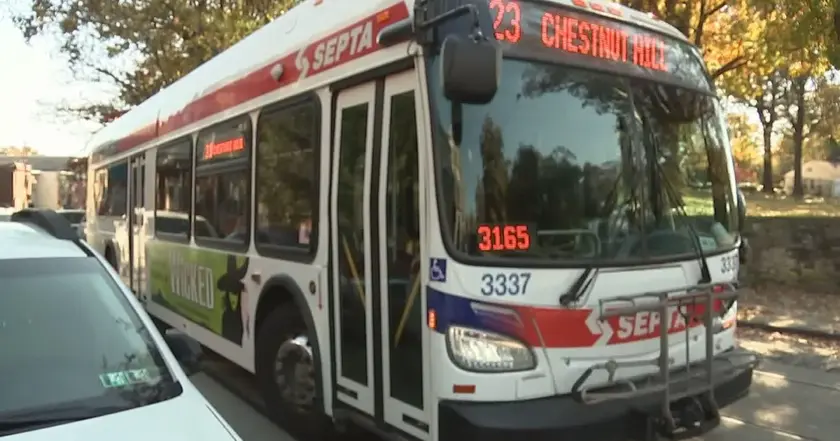
SEPTA funding update
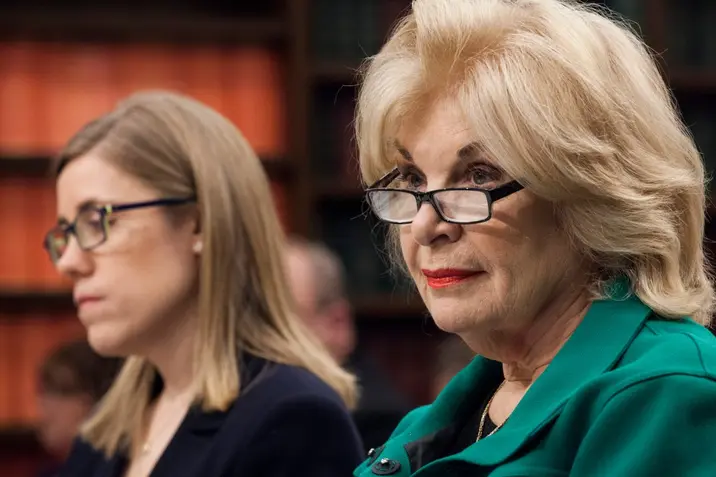
CPB will end operations due to funding loss

NASA reveals new strategy for commercial LEO space stations
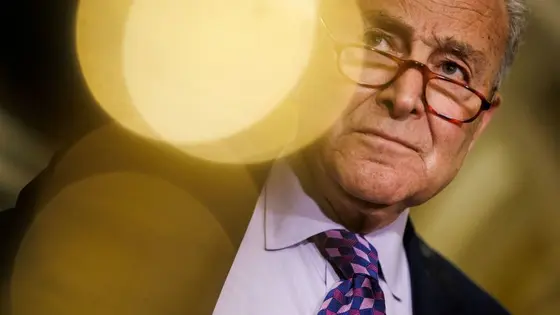
Democrats brace for funding showdown with Trump
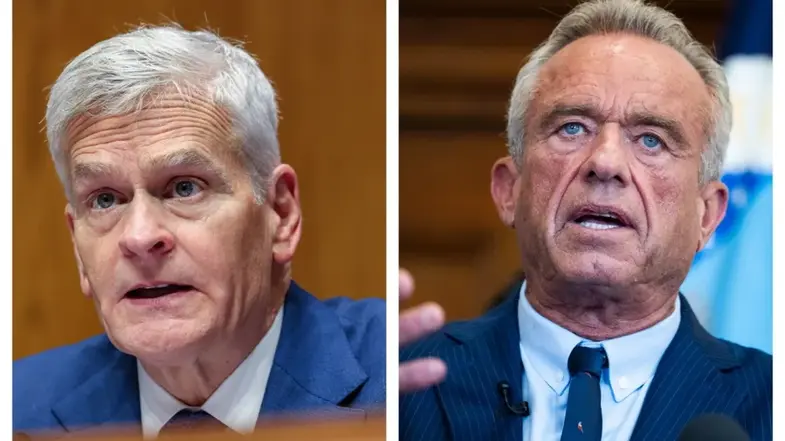
Sen. Cassidy Critiques RFK Jr.'s Vaccine Policies

Global movement away from US dollar gains momentum
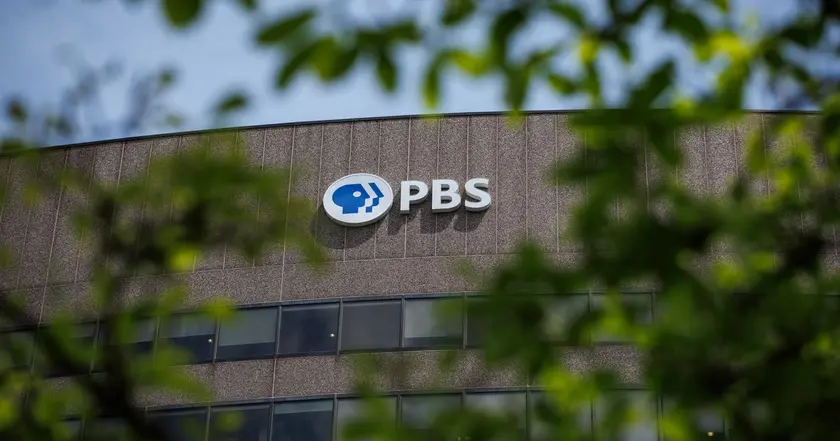
Public Broadcasting Corporation Plans to Shut Down Operations
